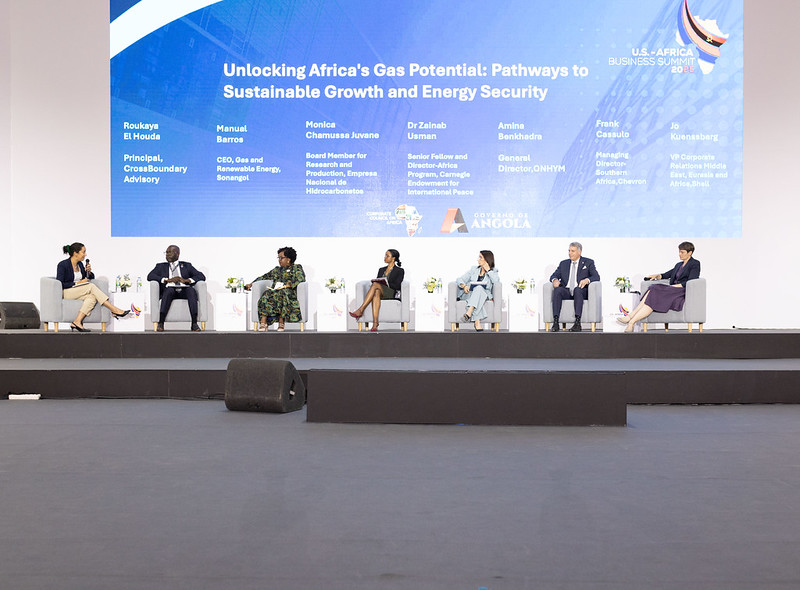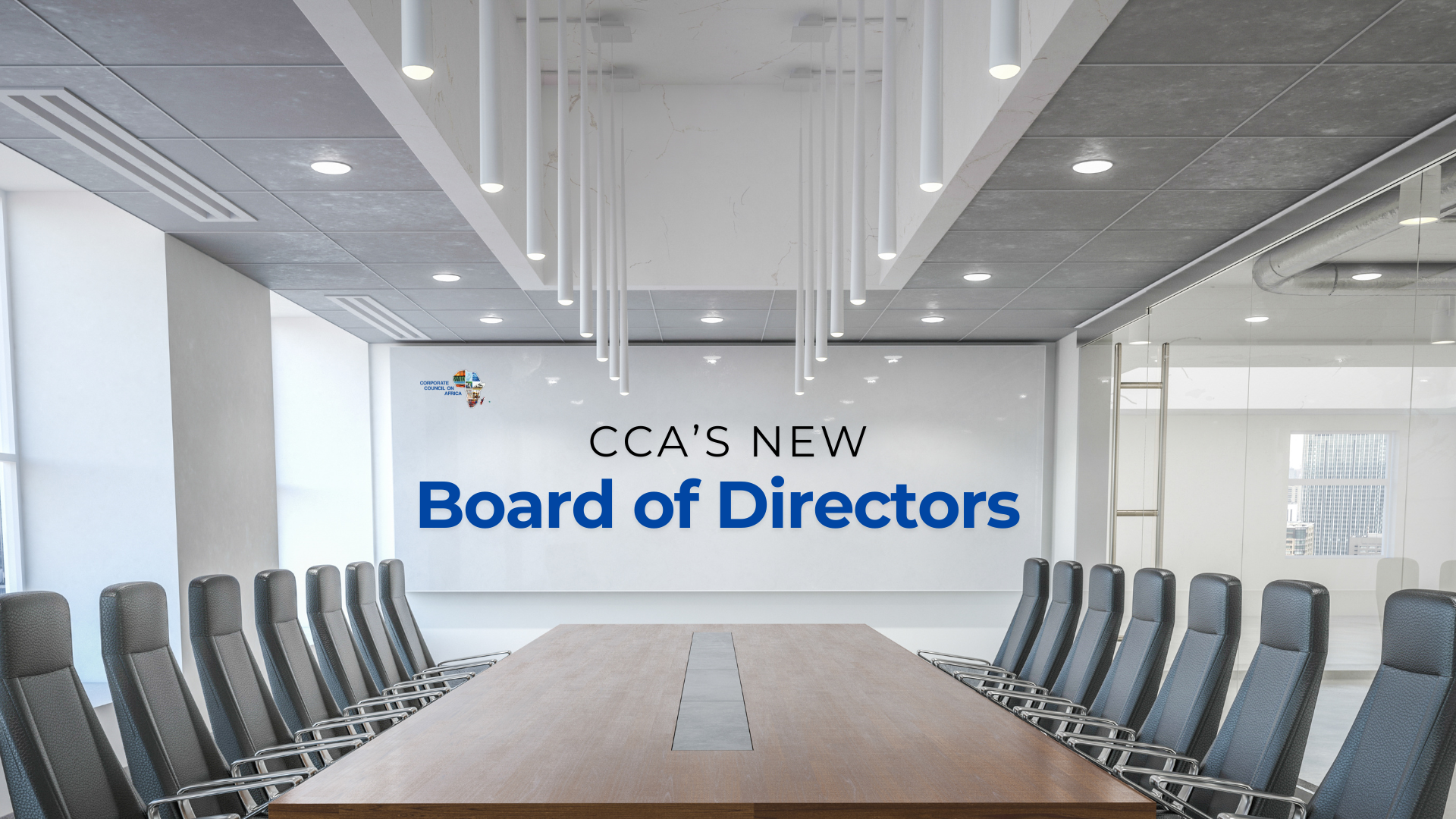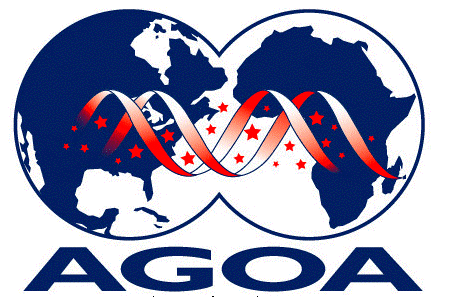Panel: Unlocking Africa's Gas Potential Pathways: Pathways to Sustainable Growth and Energy Security

The session, moderated by Roukaya El Houda, Principal at CrossBoundary Advisory convened a panel of distinguished leaders to discuss strategies for balancing domestic gas use with export priorities, as well as the infrastructure, regulatory, and financing frameworks required to unlock long-term gas value chains in Africa.
The panel featured distinguished speakers including Monica Chamussa Juvane – Board Member for Research and Production, Empresa Nacional de Hidrocarbonetos
Dr. Zainab Usman – Senior Fellow and Director, Africa Program, Carnegie Endowment for International Peace,Amina Benkhara – General Director, ONHYM,Frank Cassulo – Managing Director, Southern Africa, Chevron,Jo Kuessburg – Vice President, Corporate Relations Middle East, Eurasia and Africa, Shell and Manuel Barros – CEO, Gas and Renewable Energy Business Unit, Sonangol
The discussion highlighted the importance of aligning gas development with national socio-economic objectives, ensuring that export revenues support economic growth while domestic energy security and industrialization are prioritized. Policy frameworks that enable both domestic gas utilization and competitive export strategies were emphasized, with examples showing the benefits of integrating gas into national power grids and stimulating local industries.
The panel placed gas development in a broader developmental context, noting the need to balance short-term revenue from exports with long-term industrial growth and energy access. Robust infrastructure and supportive regulatory environments are critical to prevent resources from being stranded or underutilized.
From a regional perspective, gas was recognized as a strategic tool for diversifying energy sources, supporting industrialization, and enhancing regional integration. Infrastructure projects and partnerships were highlighted as means to secure domestic supply while positioning countries as regional hubs. Cross-border cooperation was emphasized as a way to optimize infrastructure investments and share market opportunities.
The role of the private sector in unlocking Africa’s gas potential was a key theme, particularly the need for large-scale infrastructure development such as pipelines and LNG facilities. Predictable regulatory frameworks, investment security, and public-private collaboration are essential to attract the capital required for long-term projects. Innovative financing models, including blended finance and risk-sharing mechanisms, were discussed as ways to align investment strategies with the energy transition, ensuring gas development remains competitive in a decarbonizing global market. Partnerships that deliver economic returns alongside socio-economic benefits to host communities were considered vital.
Practical experiences from resource-rich but infrastructure-limited contexts were also examined, illustrating how domestic consumption needs can be integrated with export opportunities. Emphasis was placed on using gas to power local industries and reduce dependence on imported fuels, reinforcing that infrastructure development and policy alignment are key to sustainable growth.
The panel concluded that Africa’s gas sector holds immense potential to drive industrial growth, enhance energy security, and generate export revenues. Realizing this potential requires coordinated action—balancing domestic priorities with global market opportunities, building resilient infrastructure, ensuring supportive regulatory environments, and developing innovative financing mechanisms. Africa’s gas strategies must be both country-specific and regionally integrated to achieve sustainable, long-term impact.

.png)

